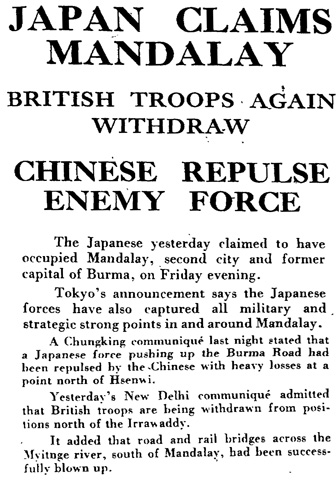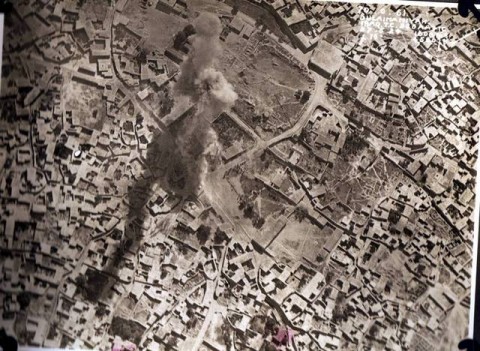1BoB+
1BoB is The First Battle of Britain: The Air War Over England, 1917–1918 (hereafter 1BoB), which sounds like a book but is actually a wargame. I bought my copy back in April 2009, not long after I submitted my PhD, at which point I noted that ‘I try to avoid buying wargames because I never […]



